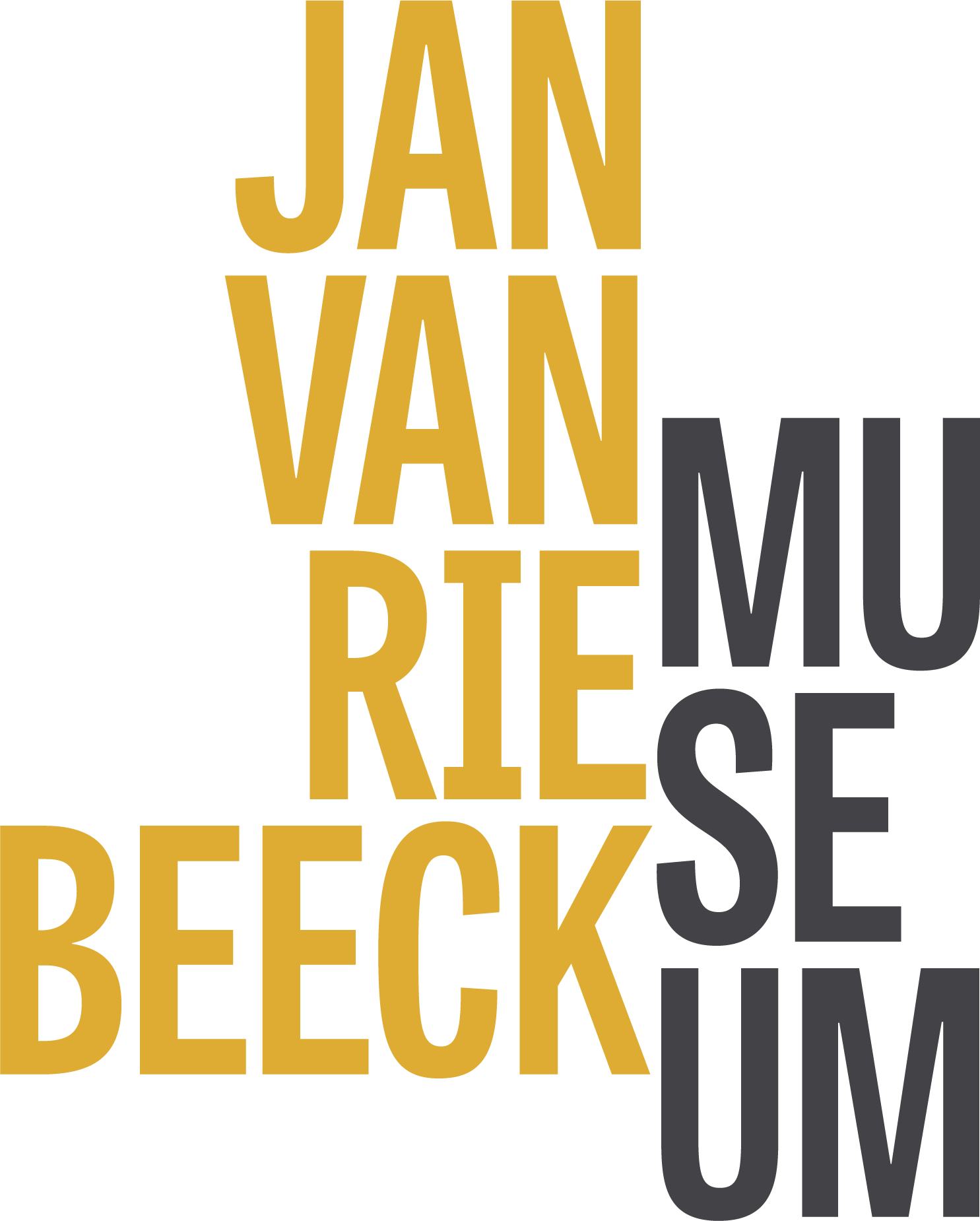Paul Gauguin, in full Eugène-Henri-Paul Gauguin, (born June 7, 1848, Paris, France—died May 8, 1903, Atuona, Hiva Oa, Marquesas Islands, French Polynesia), French painter, printmaker, and sculptor who sought to achieve a “primitive” expression of spiritual and emotional states in his work. The artist, whose work has been categorized as Post-Impressionist, Synthetist, and Symbolist, is particularly well known for his creative relationship with Vincent van Gogh as well as for his self-imposed exile in Tahiti, French Polynesia. His artistic experiments influenced many avant-garde developments in the early 20th century.
In the summer of 1888 Gauguin returned to Pont-Aven, searching for what he called “a reasoned and frank return to the beginning, that is to say, to primitive art.” He was joined there by young painters, including Émile Bernard and Paul Sérusier, who also were seeking a more direct expression in their painting. Gauguin achieved a step towards this ideal in the seminal Vision After the Sermon (1888), a painting in which he used broad planes of colour, clear outlines, and simplified forms. Gauguin coined the term “Synthetism” to describe his style during this period, referring to the synthesis of his paintings’ formal elements with the idea or emotion they conveyed.
For the next several years, Gauguin alternated between living in Paris and Brittany. In Paris he became acquainted with the avant-garde literary circles of Symbolist poets such as Stéphane Mallarmé, Arthur Rimbaud, and Paul Verlaine. These poets, who advocated abandoning traditional forms in order to embody inner emotional and spiritual life, saw their equivalent in the visual arts in the work of Gauguin. In a famous essay in the Mercure de France in 1891, the critic Albert Aurier declared Gauguin to be the leader of a group of Symbolist artists, and he defined his work as “ideational, symbolic, synthetic, subjective, and decorative.”
